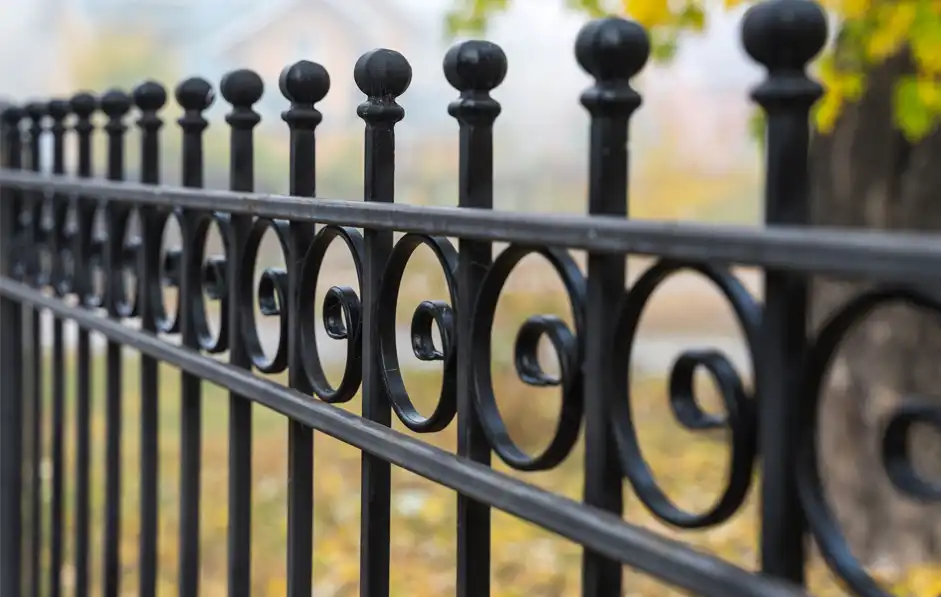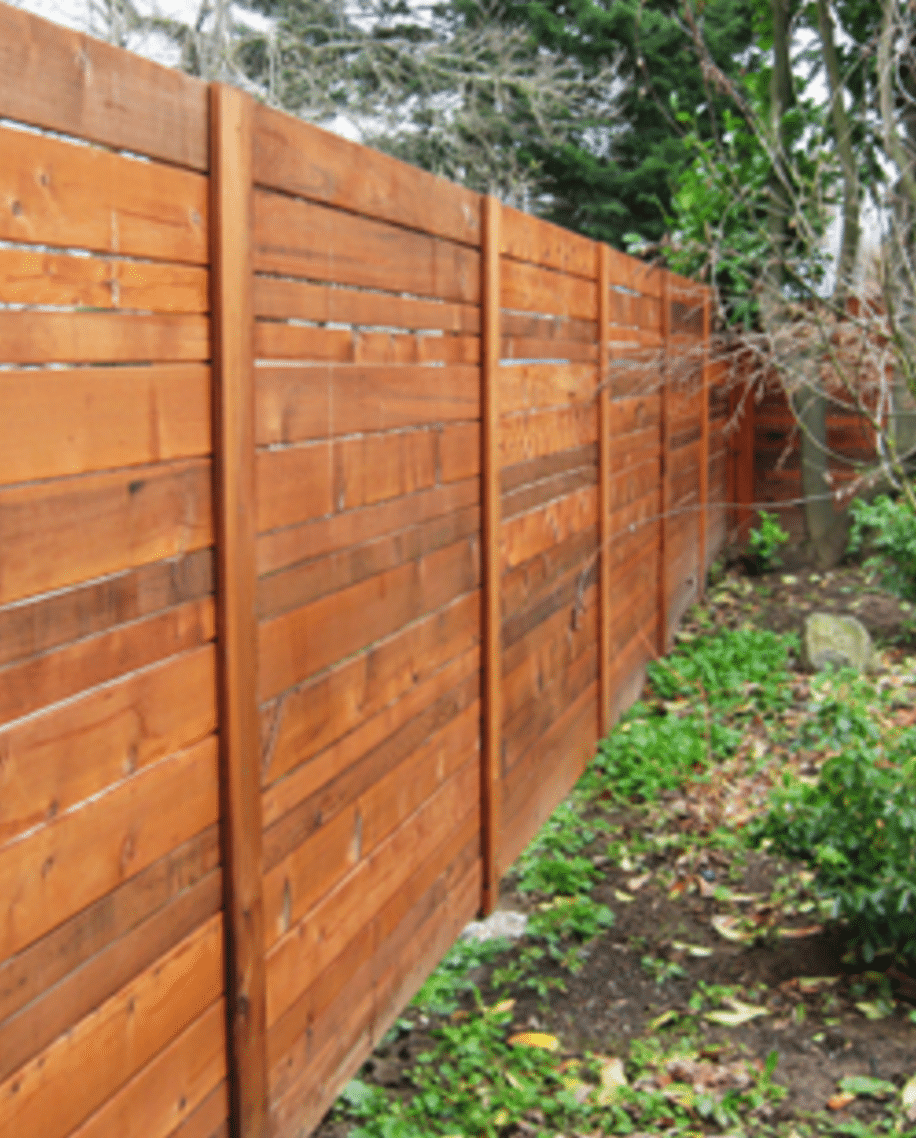All Categories
Featured

Picking the right secure fencing product is essential for attaining the equilibrium of sturdiness, appearances, and capability that suits your building. Timber, plastic, and aluminum are popular options, each with unique attributes that deal with particular needs. Right here's a comprehensive take a look at the advantages and drawbacks of these three materials.
Timber Secure Fencing. Pros:. Timeless Appeal: Wood provides an all-natural, traditional look that matches different architectural styles. Adjustable: It can be repainted or discolored in a variety of colors and styles. Inexpensive: Timber fences are commonly less expensive ahead of time than vinyl or aluminum. Eco-Friendly: As a sustainable resource, wood is eco-friendly and lasting when sourced responsibly. Disadvantages:. Maintenance-Intensive: Needs routine staining, paint, or sealing to protect versus climate and pests. Shorter Life-span: Depending on the sort of wood and climate, it typically lasts 10-15 years. Vulnerability to Damage: Prone to decomposing, bending, and termite damages without appropriate treatment. Timber is perfect for homeowners that value looks and want to spend effort and time in upkeep to extend its life.
Plastic Fencing. Pros:. Durable: Resistant to insects, rot, and weather condition, plastic maintains its structure in severe conditions. Reduced Maintenance: Calls for little maintenance beyond periodic cleansing. Lengthy Lifespan: Plastic can last 20-30 years without considerable wear or damage. Functional Layouts: Readily available in various colors, textures, and styles, including options that imitate wood. Disadvantages:. Costly Setup: Plastic fencings are extra expensive to set up compared to wood. Breakable in Winter: Vinyl can split in severe cold environments. Hard to Fixing: If damaged, entire sections may require replacement, which can be challenging to match. Vinyl secure fencing is a great choice for those prioritizing long life and minimal maintenance, also if it features a greater in advance cost.

Light Weight Aluminum Fence. Pros:. Rust-Resistant: Light weight aluminum does not rust, making it optimal for damp or wet locations. Lightweight however Solid: Deals strength without being extremely heavy, which streamlines installation. Reduced Maintenance: Calls for little bit more than cleaning and periodic repainting. Durability: Light weight aluminum fences can last for years without considerable damage. Stylish Layouts: Usually made use of for ornamental objectives, light weight aluminum includes refinement to any type of residential property. Disadvantages:. High Initial Price: Aluminum fencings are amongst the much more expensive alternatives. Limited Privacy: Typically developed with open rooms, they do not obstruct views or sound. Prone to Dents: While durable, aluminum can be nicked or bent with hefty influence. Aluminum is ideal suited for those that desire a durable, trendy fence and do not require full privacy.
Making the Right Selection. Each product has its toughness and weak points:

Timber is perfect for traditional appearances and eco-conscious customers that do not mind maintenance. Vinyl works for house owners looking for a weather-resistant, low-maintenance service. Light weight aluminum is a durable, attractive choice for those that want sophistication and long life. Consider your priorities-- whether it's expense, privacy, look, or maintenance-- and consult a secure fencing expert to select the material that ideal fulfills your demands. A well-selected fencing will certainly boost your building for years to come.
Latest Posts
Check Out Top Car Repair Services at Montclare Auto Repair – Expert Care for Your Vehicle
Published en
1 min read
Why Consistent Car Maintenance at Montclare Auto Repair Reduces Costs
Published en
1 min read
Find the Greatest Auto Repair Offers in Montclare, Chicago
Published en
1 min read
More
Latest Posts
Check Out Top Car Repair Services at Montclare Auto Repair – Expert Care for Your Vehicle
Published Jun 01, 25
1 min read
Why Consistent Car Maintenance at Montclare Auto Repair Reduces Costs
Published May 30, 25
1 min read
Find the Greatest Auto Repair Offers in Montclare, Chicago
Published May 27, 25
1 min read